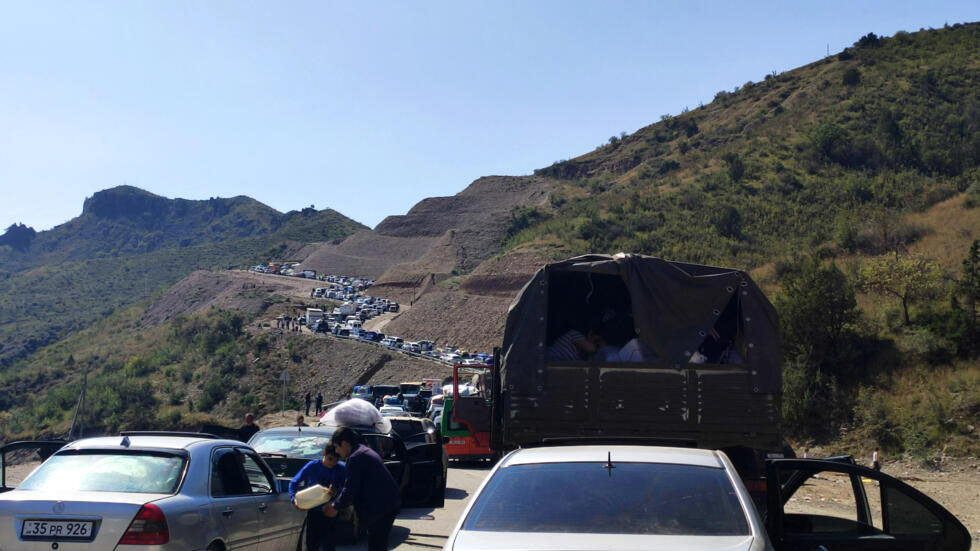On September 19, a large-scale escalation of hostilities occurred in Nagorno-Karabakh. As a result, Azerbaijan completely regained control over the region. Most of the Karabakh Armenians were forced to leave for Armenia. These events sharply destabilized the internal political situation in the republic.
Opposition forces initiated mass street protests and a campaign of civil disobedience under the slogan of removing Prime Minister Nikol Pashinyan from power. They accuse the Armenian leadership of “betraying Artsakh.” Pashinyan, at negotiations under the auspices of the European Union in Prague in September 2022, recognized the sovereignty and territorial integrity of Azerbaijan, including the territory of Karabakh. In September 2023, during the escalation in Karabakh, he publicly refused to send troops to help the Karabakh Armenians. According to the opposition, the Armenian authorities have ruined relations with their key ally, Russia, by encouraging anti-Russian propaganda in the Armenian media.
The Armenian leadership and the pro-Western forces supporting it place the main blame on Russia. They argue that Russian peacekeepers failed in their mission in Nagorno-Karabakh and did not ensure the safety of the local population. It is also noted that Moscow launched a hybrid war against Armenia in order to carry out a coup d’etat in order to remove the current leadership.
According to forecasts from the International Expert Platform SIKHA Foundation, the opposition will most likely not be able to remove Pashinyan from power. The police generally control the situation in Armenia. The number of rallies has not yet reached critical mass.
The Armenian leadership is committed to revising relations with Russia towards greater “pragmatization.” It is planned to diversify Armenia’s capabilities in matters of security and arms procurement. Yerevan intends to cooperate with the Russian Federation in those areas where it will be beneficial for it. In particular, Armenia has frozen its participation in the activities of the CSTO and is considering the issue of leaving the organization, since its members Kyrgyzstan and Kazakhstan are simultaneously members of the Organization of Turkic States patronized by Turkey and are on the side of Azerbaijan. At the same time, Armenia will continue to participate in the EAEU, thanks to which the national economy is developing at a rapid pace.
In Yerevan they believe that the “Rubicon has not been crossed” in Russian-Armenian relations. The parties retain opportunities to soften negative rhetoric and achieve mutually acceptable compromises.
